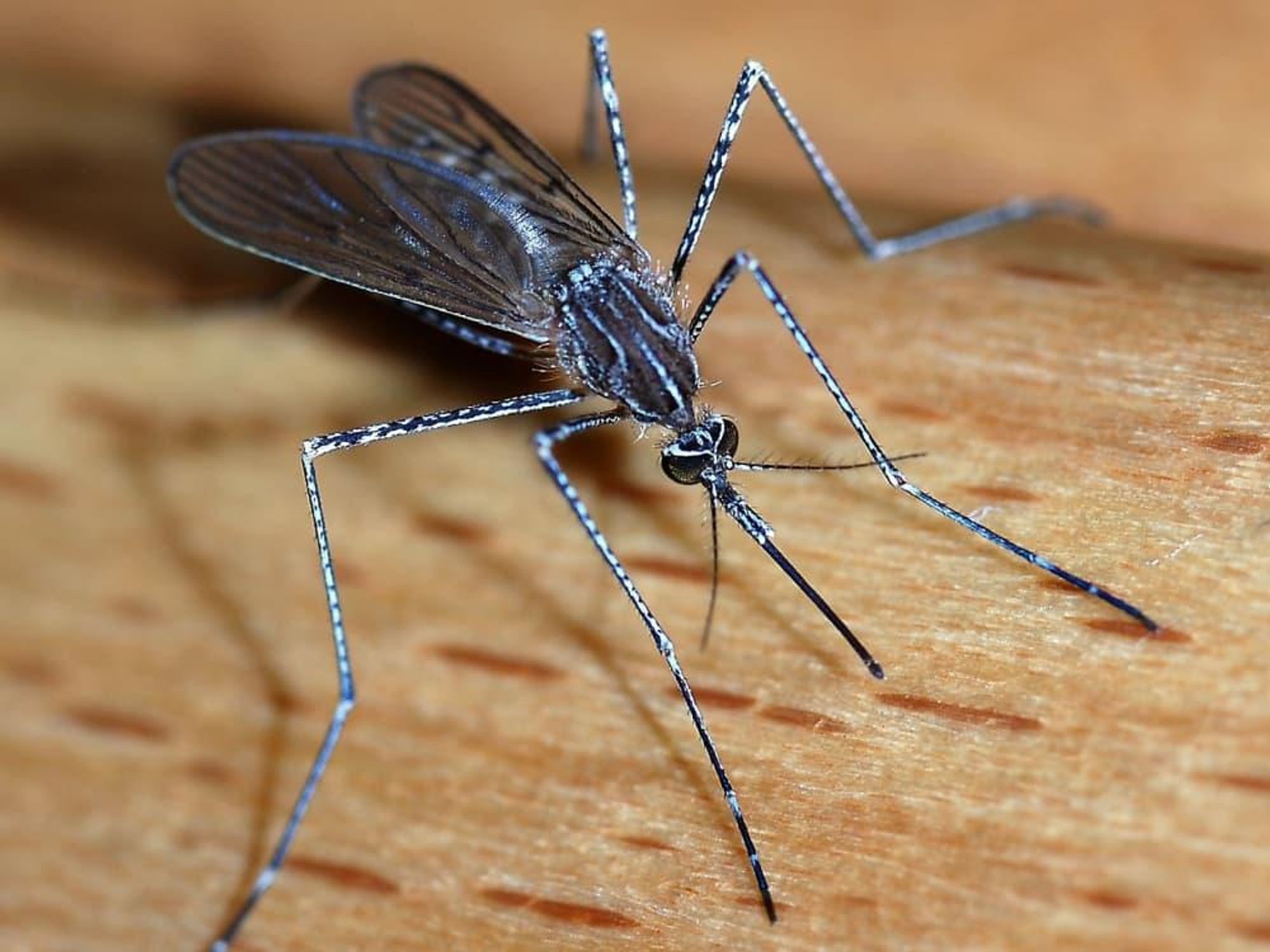Buzz off
6 tried-and-true natural remedies to repel mosquitoes this summer

Nothing ruins a great time outdoors like biting mosquitoes, especially since the pesky bugs transmit diseases such as West Nile and Zika viruses to humans, and heartworms in dogs.
Many of us resort to wearing chemical repellents or clothing that covers as much of our skin as possible. The former can leave you sticky and smelly; the latter is simply miserable in the Texas heat. Plus, when the whole family goes outdoors, it makes sense to use an area, rather than individual body, approach.
Here are a few of the tried-and-true devices and treatments you can use to keep mosquitoes at bay.
DynaTrap
This device works based on the fact that mosquitoes are attracted to body heat and can sense carbon dioxide — which human beings exhale — from up to 100 feet away. DynaTrap emits heat and CO2, as well as specific wavelengths of UV light that attract the bugs. Mosquitoes do not travel long distances, often staying within an acre area. Therefore, every mosquito caught eliminates the potential of hundreds or thousands of mosquito eggs, effectively breaking the mosquito life cycle. Empty the trap periodically and replace the bulb roughly every four months or 3,000 hours. Available at Home Depot.
Mosquito Magnet
The priciest option, but fans insist this trap is worth it, and a recent test proved they were right. Mosquito Magnet emits carbon dioxide, heat, and moisture to attract mosquitoes from an area up to an acre. The manufacturer recommends operating continuously (even when you’re not outside) to break the mosquito breeding cycle. It runs on a propane tank and mosquitoes end up in self-contained, disposable traps. You’ll need to buy replacement attractant packs and traps periodically.
Thermacell
This EPA-evaluated and approved device repels mosquitoes in a 15-foot zone using Allethrin, a synthetic version of a naturally occurring repellent found in chrysanthemums. According to the manufacturer, Thermacell is at least 10 times more effective than citronella candles, and it runs on a butane cartridge using scented mats. It comes with one cartridge and three mats that last four hours each. (Refill packs include 12 mats and four fuel cartridges.) A recent test on a patio after heavy rains proved successful — 30 minutes after it was set up, not a single mosquito could be spotted.
Mouthwash and beer
Some people swear by a homemade mouthwash-and-beer spray. Spray the concoction around the yard. It doesn’t hurt plants, pets, or grass, and some websites claim it will last about 10 weeks between applications.
Here’s one recipe: 16 ounces of mint-flavored mouthwash; 3 cups Epsom salt; and three stale, 12-ounce cheap beers (no need to waste the good stuff!). Place everything in a large bowl and mix using a spoon until all the salt has dissolved. Pour into a spray bottle. For the most nature-friendly version, use organic mouthwash, and lavender or eucalyptus scented Epsom salt will work even better.
Plants
Plants such as lemongrass, rosemary, sage, and basil repel mosquitoes and are useful herbs, as well. (Peppermint and catnip also repel mosquitoes but are invasive.) Marigolds do double duty, repelling mosquitoes and other pests — and adding color while doing so. Surround your patio with these plants, and before your cookout, scatter handfuls of their leaves around the area. Burning branches of rosemary on the grill also helps.
Holistic anti-mosquito practices
In place of or in addition to the above methods, consider a holistic natural approach. Create a healthy ecosystem in your yard with a mosquito-repelling habitat that attracts birds, reptiles, and insects — such as damselflies — that eat mosquitoes. Build a bat house to attract these insect-eaters, too. The National Wildlife Federation’s Certified Wildlife Habitat guidelines are a good place to start. Avoid use of pesticides, which kill good critters along with bad.
It is important to eliminate all standing water, as mosquitoes travel only a few hundred feet from where they hatch. Dog bowls and birdbaths are fine as long as you replace the water every few days. While most people know mosquitoes need standing water to breed, few realize a mere teaspoon is enough. Just overwatering your grass can create sufficient water to support mosquito eggs and larvae.

 Book your table for two now. Getty Images
Book your table for two now. Getty Images